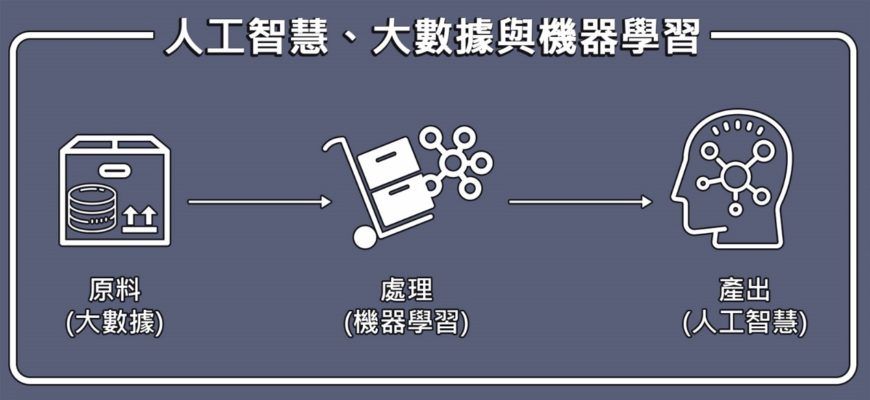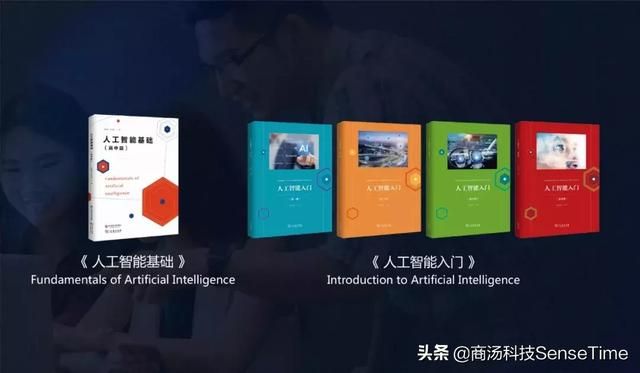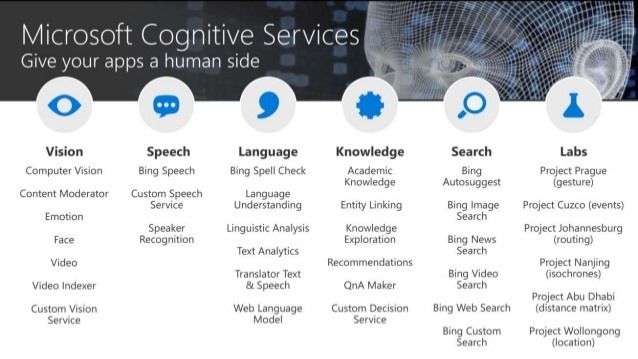
Dr. Jackei Wong
Artificial Intelligence and Programming Education
Q: Have you ever heard or seen an "artificial intelligence dumpster"?
A: I have seen it, I have really seen it!
Q: How to be "smart"?
A: You put your hand on it and it will open automatically.
Q: How exactly is this... "smart"?
A: That's it, this is "AI"!
The STEM education boom has swept the world in recent years, and this boom also came to Hong Kong a few years ago. Compared with other regions, our technology education is actually a bit backward. In the early years, the Hong Kong government introduced measures to assist primary and secondary schools in implementing STEM education. After several years of hard work in the academic world, the STEM atmosphere has improved slightly, and there are many news about students' small inventions using technology to improve their lives. The small amount of government funding for academia can be said to have achieved some results. “It is better to have money than nothing”. However, there are still many difficulties in implementation. There are still many difficulties in terms of teachers and training, expert guidance, and development direction. Encountered many problems, it can be said to be a big challenge for the new generation of teachers.
The term STEM generally refers to subjects related to science, technology, engineering and mathematics. There are many sayings in the market that in fact, everything in daily life is related to STEM, so the scope of children participating in STEM courses can be said to be very wide. Scientific experiments are STEM, manual labor is STEM, spinning tops are STEM, and of course, programming education is indispensable.

These four English letters represent four different categories, of course adding them up does cover a very broad range. In fact, this combination also has its meaning, focusing on interdisciplinary course content, using the knowledge acquired in different areas to solve daily problems or make life more convenient. In addition to learning, the accumulation of experience in daily life is also indispensable.
In addition to STEM, I believe you often see these "Buzzwords", including artificial intelligence (also known as artificial intelligence), machine learning, big data, blockchain, and more. Since these themes have become very popular in recent years, start-up investors are looking for related projects for investment. As a result, many products and service platforms on the market have added these words to their product names or introductions, and they feel that the price has increased tenfold.

Adults are doing it, and young people have to learn from an early age. In 2018, SenseTime, a local AI start-up, launched an AI textbook aimed at high school students. The content mainly explains the basic principles of artificial intelligence, the relationship between data algorithms and applications, etc. From the title of the book, it can be seen that this is a basic textbook. It is not so much a textbook as it is a magazine. After reading it several times, I have been hesitating, can high school students really master these contents? Without a solid mathematical foundation and programming concepts, how to master those complex artificial intelligence algorithms?

Since you can't master it, you can use it directly. Big tech companies, such as Microsoft, have launched AI platforms for the masses, some of which are free. Schools or educational institutions can use these platforms to explain artificial intelligence applications and basic concepts to students, which also brings a lot of convenience to teachers. It is of course a good thing to let students have a preliminary concept of "AI", because artificial intelligence, big data, etc. are not only future trends, but can also be said to be ubiquitous at present, but this should be only the first step rather than the end, understand Its principle and operation is the second step, and the ultimate goal should be to master programming skills and help solve problems encountered in daily life.

In this way, the example at the beginning of this article should be very simple! There is no doubt that it is a very simple application, but please think carefully, is it really an "artificial intelligence" application?
This example seems to require only a trash can, a motor, a sensor, and a programmable motherboard. If a primary school classmate can design, assemble and program by hand, I believe that the child's ability is also good. However, if the word "artificial intelligence" is added to this design, I personally think it is inappropriate, because the logic is very simple, and it does not need to use this advanced technology.
It's getting harder and harder to be a good teacher or educator because technology is advancing faster and the climate is changing rapidly. As educators, we should constantly think about how to shape the future of the next generation. If we explain this example as "AI application", this misconception may affect the development of children's learning in science and technology education. If it is only applied directly to some existing platforms, without inspiring students to pursue the principles and methods, this is not an ideal approach.
Now, rely on our hands to work hard; the future, also rely on our hands to shape. Bringing the right values to the future pillars of society is especially important in this generation. Instead of giving them some existing ideas, we should enhance their curiosity and critical thinking, open doors for them to learn, and let them discover the treasure of knowledge on their own.
Facebook: https://www.facebook.com/drjackeiwong/
Instagram: https://www.instagram.com/drjackeiwong/
YouTube: https://www.youtube.com/@drjackeiwong
Like my work?
Don't forget to support or like, so I know you are with me..
Comment…